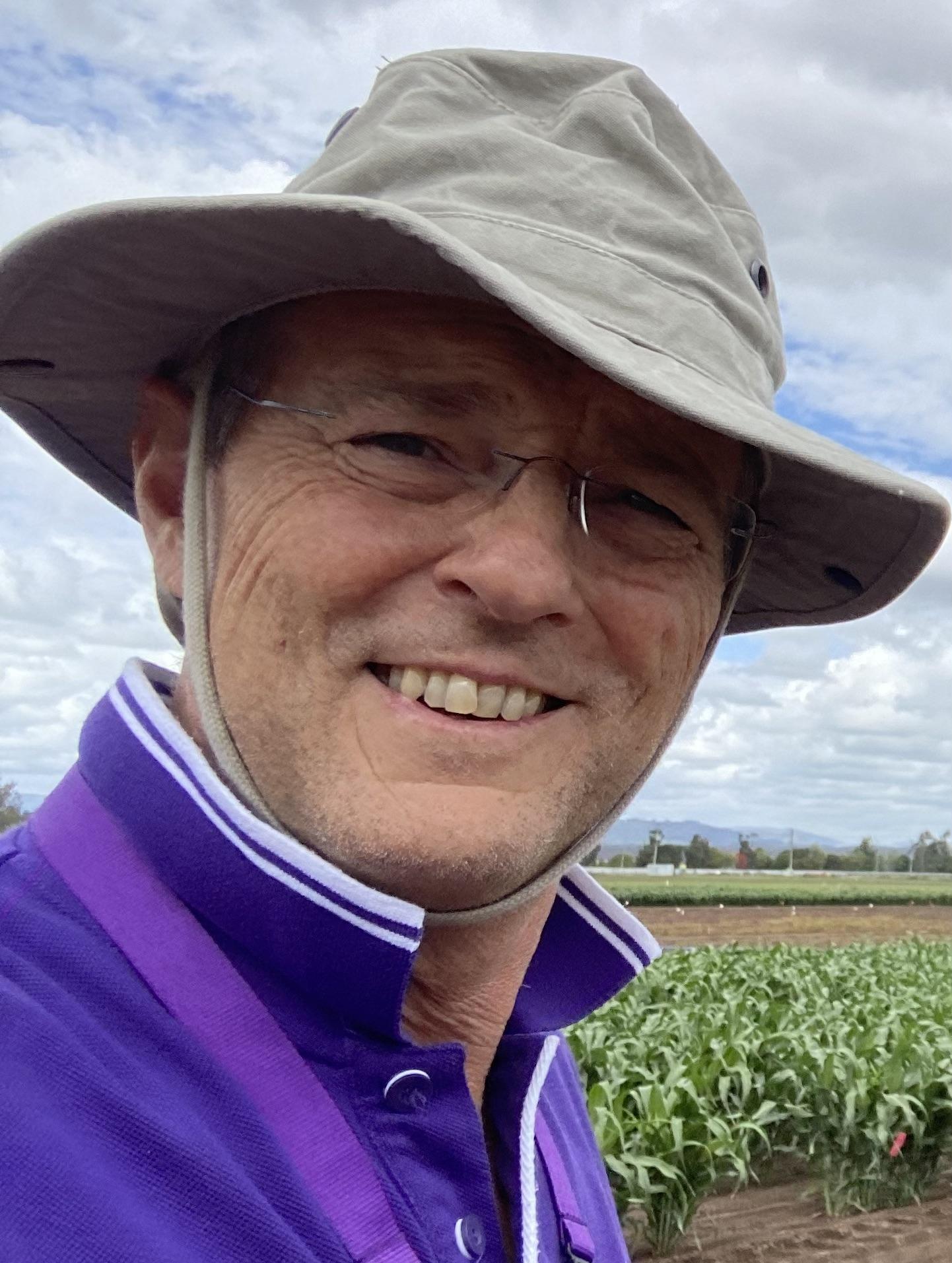Roots for drought: overcoming the root phenotyping bottleneck in cereals
Abstract
The architecture, anatomy and function of the root system offer untapped opportunities for crop improvement and productivity gains in the grains industry. However, root traits are hard to measure and the lack of quick, cheap, accurate and functional root phenotyping approaches in the field has limited the capacity of breeding, agronomy, and precision agriculture to develop valuable traits and products. We do know that the crop’s genetic background and the environment interact to alter the architecture of the rooting system, or root phenotype. Though rarely, studies on root architecture have been able relate these differences into valuable information such as differences in root function, and implications for yield, or yield stability in the field. Lack of success is due to the complexity and limited understanding of the relationship between root form, root function, and grain yield formation. A major bottleneck has been the fact that characterisations of the below ground parts of crops are laborious, expensive, and subject to large errors. Another problem has been that research appears stubbornly focused on visualising root architecture, ignoring the rather volatile relationship between root form and root function. Also, the predominant focus of these approaches has been limited to just measuring the mean value of a trait. Overlooking the fact that the root system is highly responsive to the environment, and that different genotypes show different capacity to adapt to that environment when under stress. Aiming to alleviate this bottleneck, a new GRDC-invested project being led by the University of Queensland (UQ)-Queensland Alliance for Agriculture and Food Innovation (QAAFI) is delivering root phenotyping tools to enable valuable crop root structure and function traits to be measured non-destructively with at least 15 per cent greater accuracy, cost-effectiveness, or throughput than current methods. The project brings together a multidisciplinary team of national and international researchers from QAAFI, UQ, Department of Primary Industries Research and Development (DPIRD), the Commonwealth Science and Industrial Research Organisation (CSIRO), and the Leibniz Institute of Plant Genetics and Crop Plant Research (IPK) in Germany, to work in collaboration with seed companies (Pioneer Seeds Australia, Pacific Seeds, AGT, and Long Reach Seeds), and providers of digital and precision agriculture services (Airborn Insight and DataFarming), to deliver actionable solutions to industry and farmers.
 Prof Daniel Rodriguez
Prof Daniel Rodriguez
Prof Daniel Rodriguez was trained at Wageningen University as a bio-physicist and worked in crop-ecophysiology, and systems modelling. He is presently Editor in Chief of npjSustainable Agriculture and leads projects in crop-ecophysiology, systems modelling, adaptation to climate variability and change, and sustainable agriculture.
Prof Daniel Rodriguez, Centre for Crop Science, Queensland Alliance for Agriculture and Food Innovation E: d.rodriguez@uq.edu.au
For any questions, please contact the QAAFI Science Seminar Committee.
For any questions, please contact the QAAFI Science Seminar Committee.
About Science Seminars
Queensland Alliance for Agriculture and Food Innovation hosts science seminars across the disciplines of animal, horticulture, crop, food and nutritional sciences.
With a range of speakers from Australia and abroad, the series explores how high-impact science will significantly improve the competitiveness and sustainability of the tropical and sub-tropical food, fibre and agribusiness sectors.
View Science Seminar pageSign up to receive QAAFI Science Seminar notifications
Email Science Seminar Committee
The Queensland Alliance for Agriculture and Food Innovation is a research institute at The University of Queensland supported by the Queensland Government via the Queensland Department of Agriculture and Fisheries.
